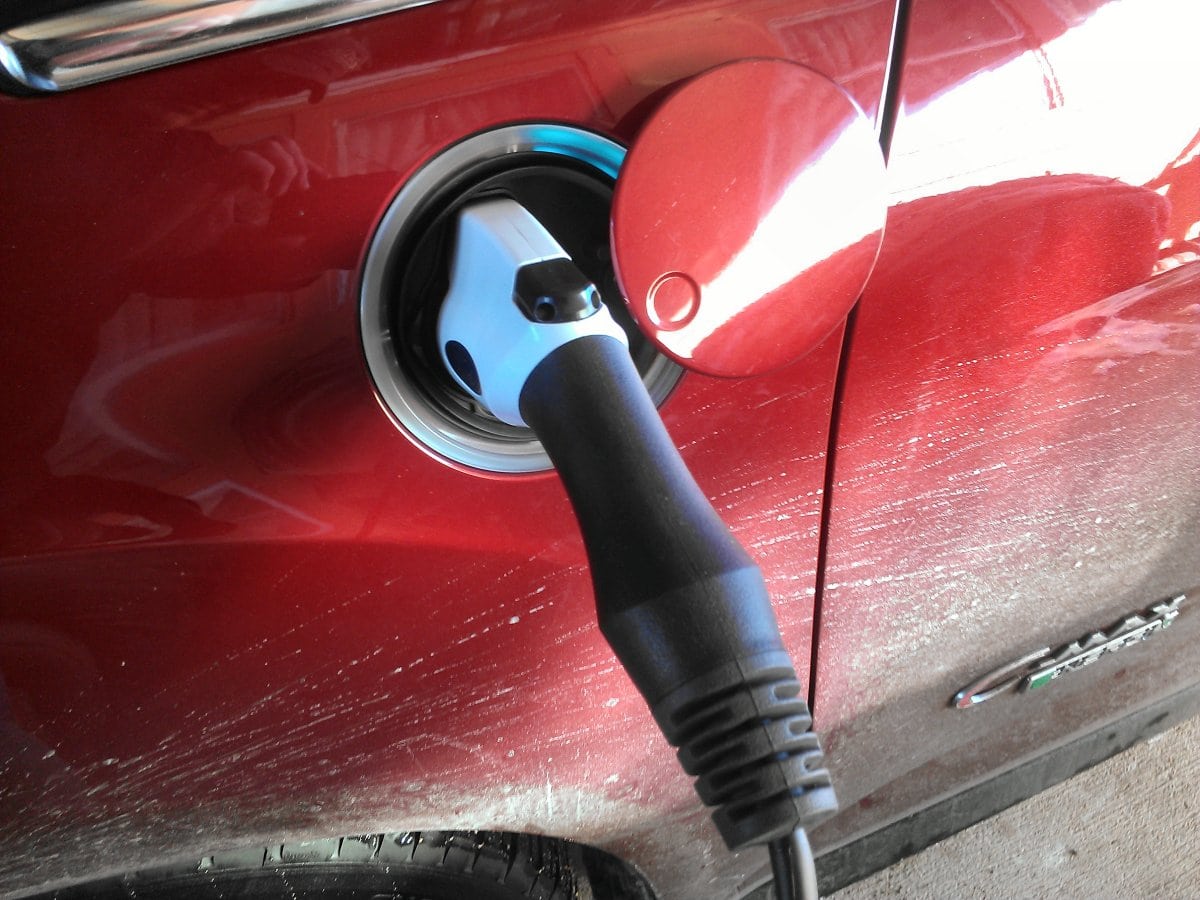Ford and the Schaeffler Group have announced that they are investigating cylinder deactivation approaches for the little 1.0-liter EcoBoost engine used in some of Ford’s most popular global platforms. So far, they say, a working prototype on the road has netted fuel economy improvements of up to six percent.
The deactivation isn’t as simple as just turning off fuel and spark to a cylinder, of course. The little three-cylinder engine required some fine tuning to make it reasonable, including the development of a new dual-mass flywheel. This flywheel reduces load and improves crank turn mass into the transmission, allowing for deactivation to be used in a wider range of engine loads and speeds. This minimizes noise, reduces vibration, and lowers harshness levels.
For testing, engineers equipped a Ford Focus 1.0-liter EcoBoost with cylinder deactivation hardware so that they could monitor deactivation of one cylinder. They also programmed a “rolling” cylinder deactivation to run the engine in half-engine mode. This mode allows all cylinders to be deactivated after every ignition cycle and reactivated at the next, letting the engine alternate within a single deactivation phase. This gives a more well-balanced temperature level inside combustion chambers and consistent firing intervals for the three-cylinder engine. The deactivation in the “rolling” mode works in sequence with the engine’s timing, deactivating each cylinder in sequence rather that only one of the three as with standard cylinder deactivation.
Ford says that cylinder deactivation is one of several fuel efficiency solutions they’re investigating for their EcoBoost line. This particular development is being pursued at their European Research and Innovation Centre in Germany. The Schaeffler Group is a European engineering consultancy firm most well-known for their work in bearings and rotational balancing.







